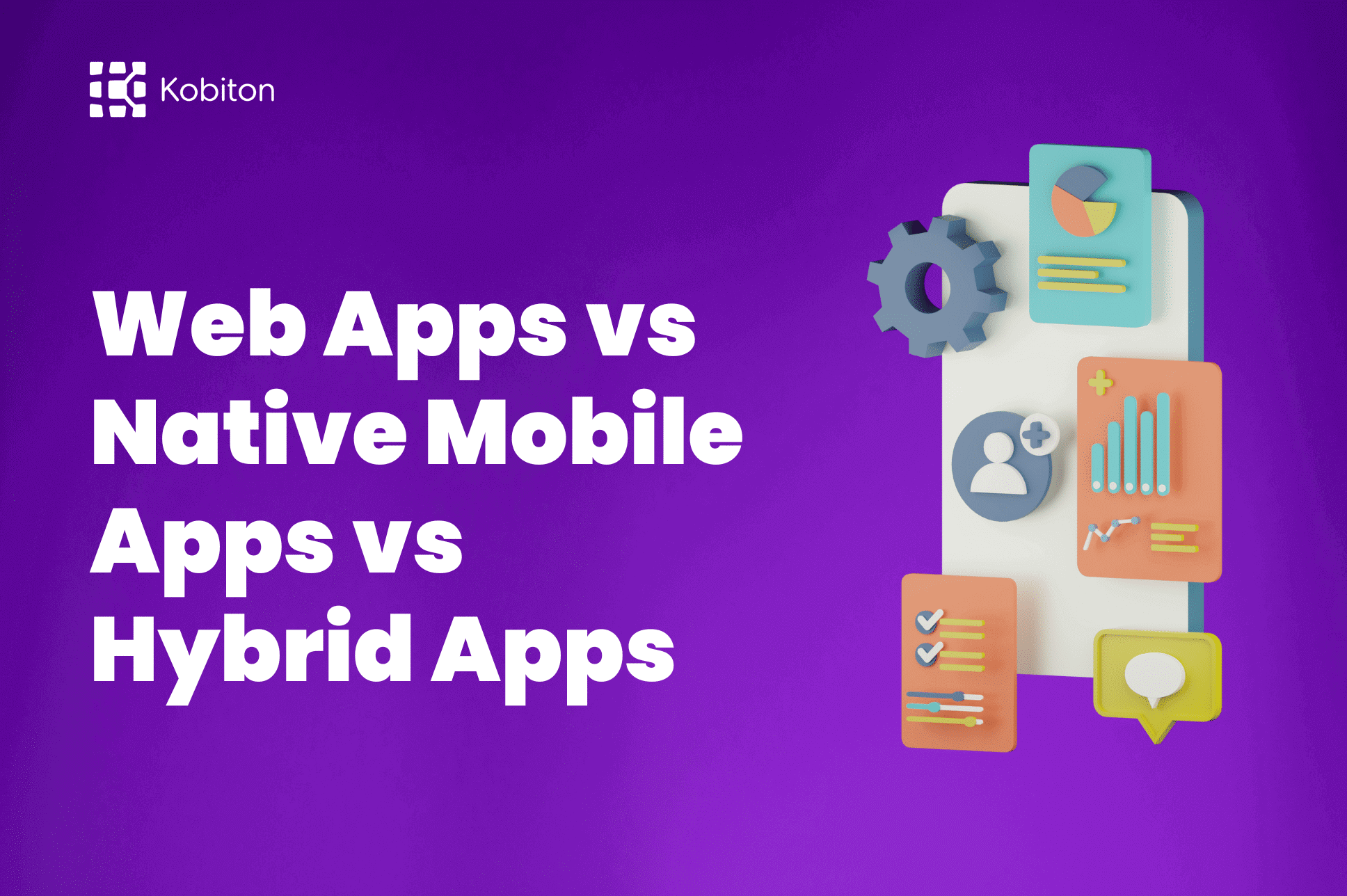
Web Apps vs Native Mobile Apps vs Hybrid Apps

Cara Suarez
The reservations have already started for the holidays. Now is the time to transform your guest’s mobile app experience on your app, so they are more likely to choose you when traveling. Mobile applications are essential to the guest experience in the hospitality industry. Travelers love the convenience of remote check-in, room service, and itinerary management. Organizations like yours are expected to deliver seamless, personalized, and secure mobile app experiences. The best way to ensure your guests have a first class experience this festive season is to heighten your focus on quality assurance (QA) now.
In 2023, 68% of hotel guests preferred using mobile apps for check-in and check-out. However, the success of these digital initiatives hinges on flawless app performance. Inadequate testing results in performance issues, security vulnerabilities, and disrupted guest experiences, leading to lost revenue and reputational damage. Investing in comprehensive QA processes is not just a technical necessity but a strategic imperative for hospitality businesses aiming to stay competitive.
Manual testing is time consuming and has limited testing abilities. By automating testing, QA teams can reduce manual testing efforts. They will be able to deliver feedback on apps faster and test for a wider range of issues. This capability is crucial for maintaining the high standards of reliability and user satisfaction that guests expect.
AI powered augmented testing solutions offer enhanced capabilities such as self-healing scripts and AI-driven test case generation. These tools not only speed up the testing process but also improve accuracy and reduce the maintenance burden on QA teams. Kobiton offers AI-augmented automated testing tools that help testing teams prepare for high volume usage periods like New Years Eve while meeting the diverse needs of their guests.
| Feature | Automated Mobile Testing | Manual Mobile Testing |
|---|---|---|
| Best Use Cases | Regression, Compatibility on diverse devices, Performance/Load Testing, Network Simulation | Exploratory, Usability, Localization, Real-World Scenarios |
| Depth vs. Breadth | Deep but Narrow: Precise, repeatable testing focused on specific flows and core functionalities across devices. | Shallow but Wide: Broad coverage for user experience, usability, and varied real-world scenarios. |
| Consistency | Highly consistent and precise, ideal for complex workflows that require exact replication. | Provides flexible, intuitive insights for UI/UX, quickly adapting to new features or unexpected user interactions. |
| Scalability | Parallel testing: Scales effectively across devices/OS versions but stays within the bounds of defined test cases, requiring regular maintenance. | Easily adaptable for diverse testing needs, providing quick validation across a wide range of app functionalities. |
| Feedback Speed | Fast, reliable feedback on critical features, ideal for regression cycles and CI/CD environments. | Immediate insights on overall app experience, enabling rapid feedback on usability, design, and unexpected issues. |
Waiting until your customers experience issues to catch bugs can lead to devastating losses this holiday season. Organizations like yours can prevent this by integrating automated testing into their Continuous Integration/Continuous Deployment (CI/CD) plans. This way, teams can continuously test every code in the app and ensure its validity before production. This saves precious time, money and resources.
CI/CD integration allows collaboration between QA and development teams, providing better visibility into the testing process and key quality metrics. Kobiton partners with hospitality companies to provide them with real-time feedback and automated test execution, so teams can work more efficiently. This integration accelerates the development cycle, and ensures the app remains stable, secure, and responsive — helping teams deliver exceptional guest experiences.
Without collaboration between QA and development teams, quality cannot be guaranteed. These teams within hospitality must learn how to effectively communicate with each other and share responsibility. By baking quality into every stage of development, the end product will ensure a stellar customer experience and influence brand differentiation in the market. Additionally, you will experience a ROI in time and money saved as the product will not have to regress a step of development due to the QA team finding something the devops team missed or vice versa. Kobiton has a few tools that can help enhance this collaboration:
In the hospitality industry, where guest satisfaction is paramount, having a unified view of app performance and quality metrics is essential. It allows teams to quickly identify and resolve issues, minimizing the impact on guests and ensuring a seamless experience. These tools can ensure that everyone is aligned on the app’s quality objectives and progress.
Hospitality businesses like yours need to maximize their ROI when investing in their mobile app development. App performance is not only about meeting guest expectations but also about optimizing operational costs and driving revenue growth. Through strategic QA integration and automated testing, businesses can produce quality apps without requiring a substantial increase in budget.
Top 4 Ways Your Mobile Testing Platform ROI is Improved by App Performance:
By automating the testing, the time and resources needed for manual testing is reduced, allowing teams more time to focus on growth. Also, producing reliable and secure apps leads to customer satisfaction and loyalty. Customer satisfaction leads to an increase in revenue from direct bookings and upselling opportunities. Moreover, a well-tested app can reduce the risk of costly disruptions and data breaches, safeguarding both financial and reputational assets.
One of Kobiton’s hospitality partners testifies that when using Kobiton their “mobile app users were up 32% year over year, digital room nights rose 27% and digital revenues climbed 41%.”
Kobiton is an ideal partner for hospitality businesses looking to elevate their mobile app testing strategy. With its comprehensive range of real devices, AI-driven automated testing capabilities, and seamless integration with existing tech stacks, Kobiton empowers teams to deliver high-quality mobile apps that enhance guest experiences and drive revenue growth.
Kobiton’s tools offer flexible deployment options, ensuring that hospitality businesses can meet their security, compliance, and scalability needs. By leveraging Kobiton, hotels can optimize their app testing processes, reducing testing time and improving accuracy. This enables faster, more frequent releases, ensuring that apps remain competitive and aligned with guest expectations.
In conclusion, integrating automated testing into CI/CD pipelines and fostering collaboration between QA and development teams are vital strategies for optimizing QA in hospitality mobile apps. By maximizing ROI through efficient app performance and leveraging tools like Kobiton, hospitality providers can deliver exceptional guest experiences, driving satisfaction, loyalty, and revenue growth.
Interested in learning how you can maximize your ROI from your mobile testing platform? Download our latest ebook, The Ultimate Guide to Hospitality App Testing.
To discover best practices for optimizing user experience, accelerating delivery, and minimizing development costs by leveraging AI-augmented testing tools.